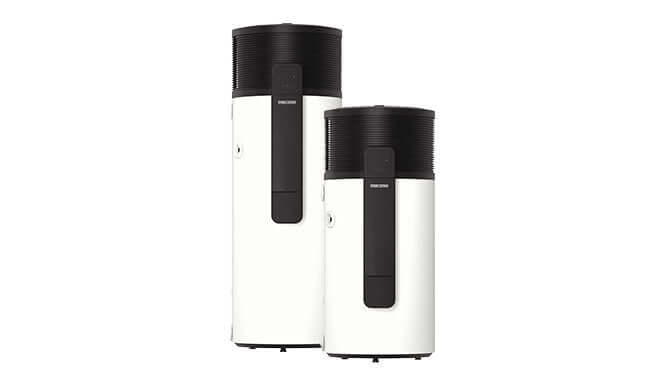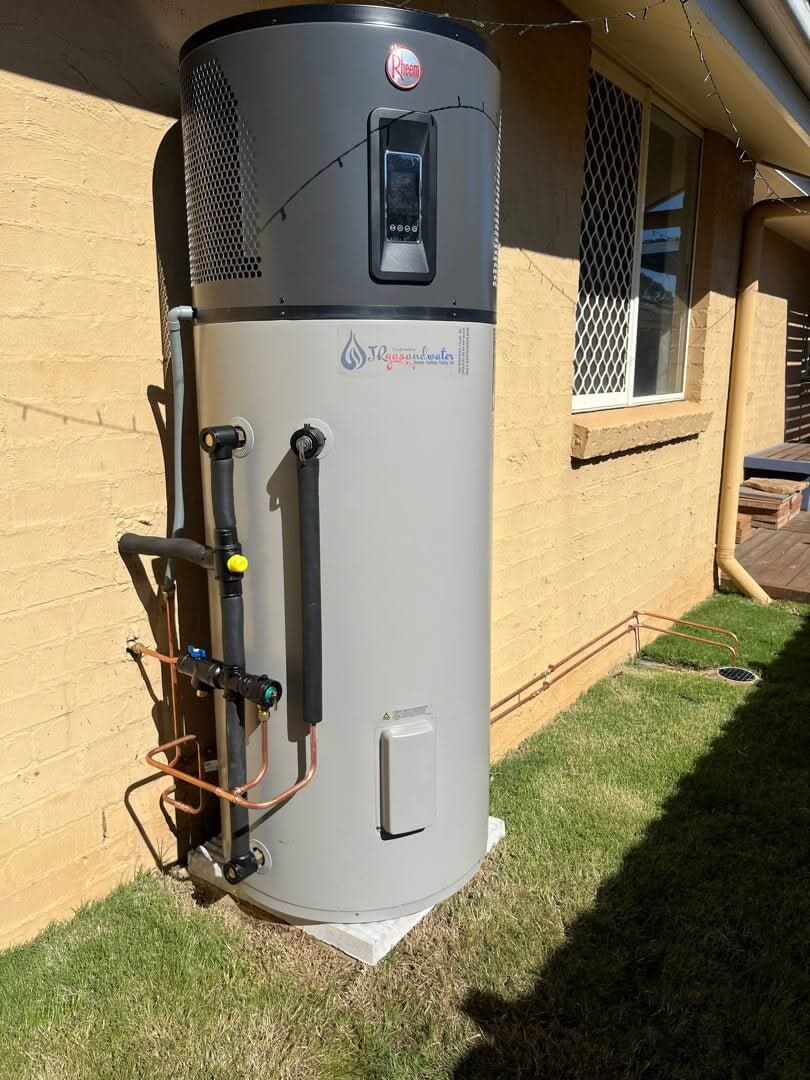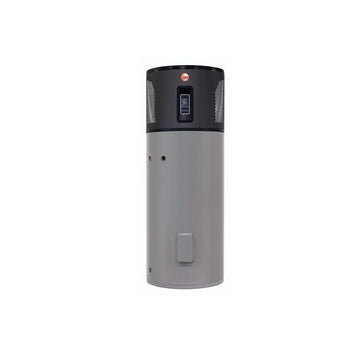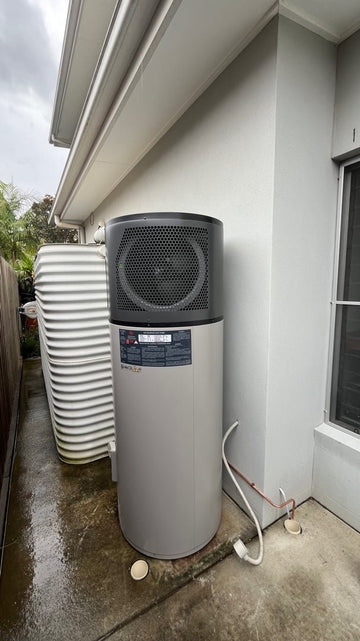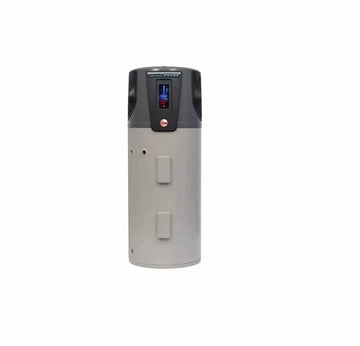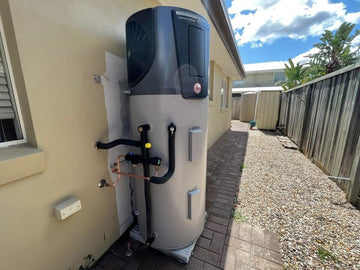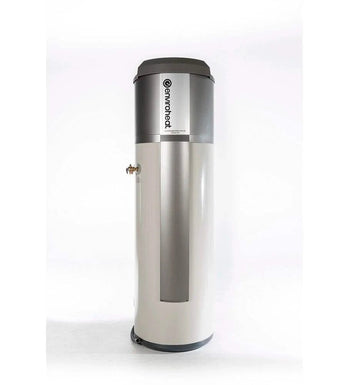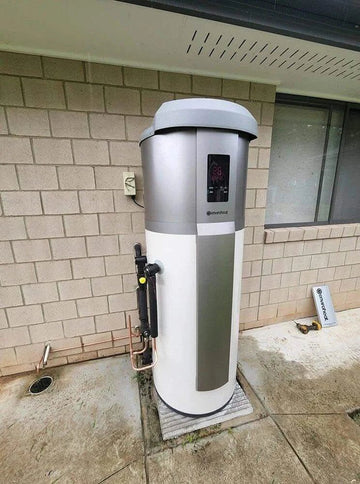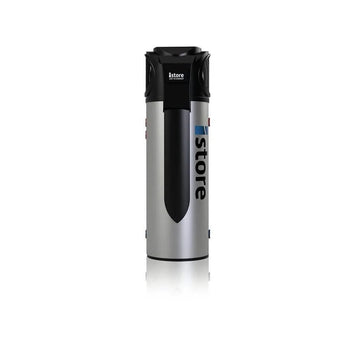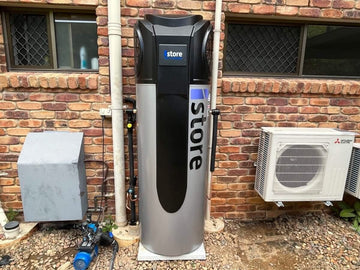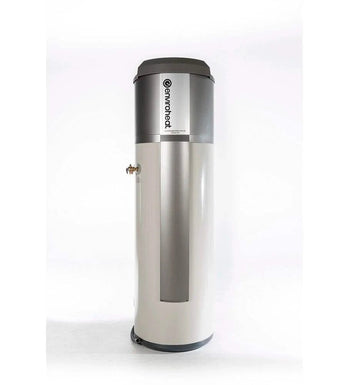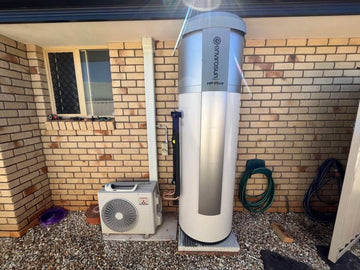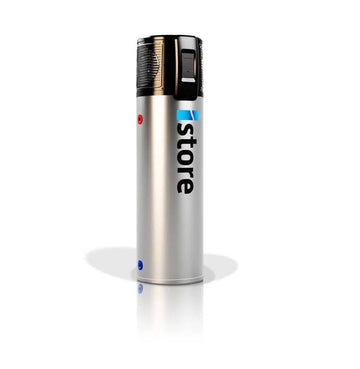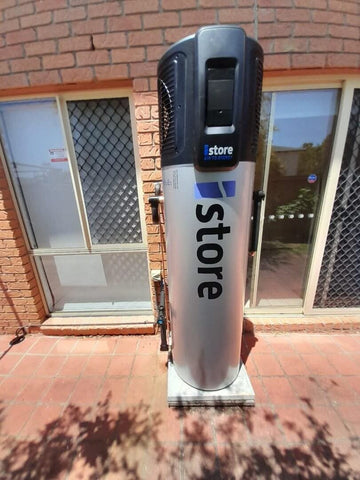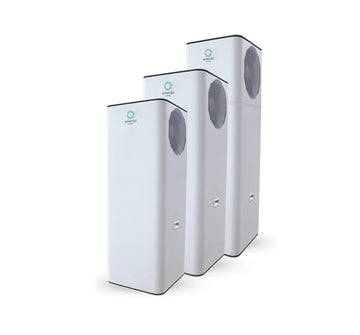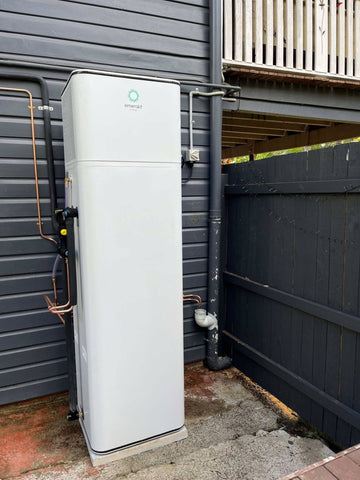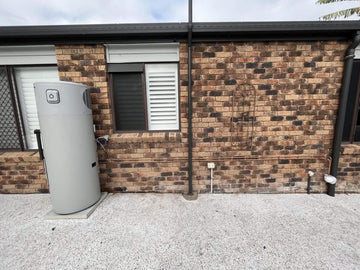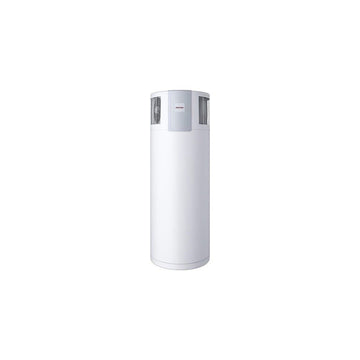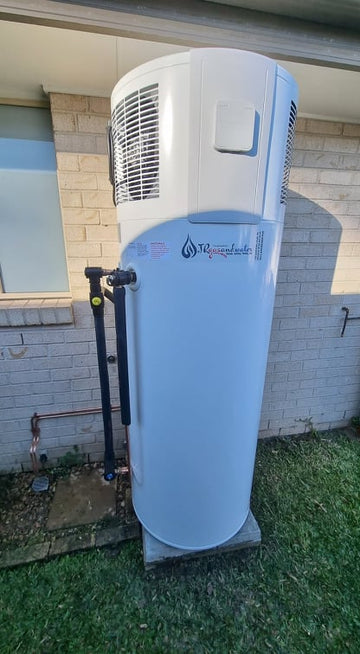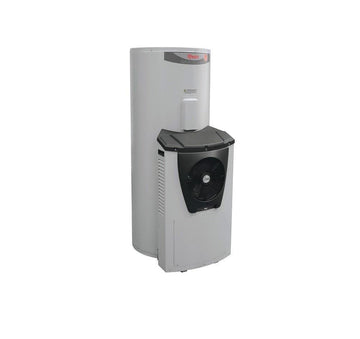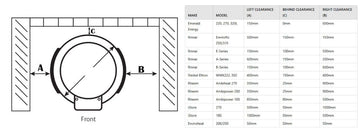How Long Does a Hot Water System Last?
Hot water systems are a critical part of everyday comfort and hygiene, but how long do they actually last? Depending on the type and how well it’s maintained, a hot water system can run for anywhere from 8 to over 20 years.
In this guide, we break down the average lifespans of each system type, the factors that influence longevity, and how you can keep yours running efficiently for years to come.
Key Takeaways
-
✅ Lifespan depends on system type: tankless, storage, solar, or heat pump.
-
✅ Factors such as water quality, usage, and maintenance impact durability.
-
✅ Regular maintenance helps avoid breakdowns and extends the system’s life.
Types of Hot Water Systems & Their Lifespan
🔥 Tankless (Continuous Flow) Systems
-
⏳ Lifespan: 20+ years
-
✔ Heats water only when needed, reducing wear and tear
-
✔ Requires regular servicing and descaling to maintain flow and efficiency
Top Models:
🚰 Storage Tank Systems (Electric & Gas)
-
⏳ Lifespan:
-
Electric: 10–15 years
-
Gas: 8–12 years
-
-
✔ Stores hot water for quick access
-
✔ Requires tank flushing and anode rod replacement
Popular Options:
☀️ Solar Hot Water Systems
-
⏳ Lifespan: 20+ years with proper care
-
✔ Uses free solar energy to heat water
-
✔ Requires occasional servicing of collectors and pumps
Explore Options:
🌡️ Heat Pump Hot Water Systems
-
⏳ Lifespan: 10–15 years
-
✔ Energy-efficient; absorbs ambient air heat
-
✔ Requires annual servicing of coils and components
Top Picks:
Factors That Affect Hot Water System Longevity
1️⃣ Water Quality & Usage Patterns
-
Hard water increases corrosion and sediment buildup
-
High usage accelerates component wear
-
Install a whole home water filter to reduce damage
2️⃣ Installation Quality
-
Poor installs lead to early failure and leaks
-
Always use licensed professionals like JR Gas & Water for peace of mind
-
We handle all hot water installations across Brisbane & Gold Coast
3️⃣ Regular Maintenance
-
Flush tanks annually to remove sediment
-
Replace anode rods every 3–5 years
-
Service heat pumps and solar systems to maintain efficiency
Signs Your Hot Water System Needs Replacement
Watch for:
-
🚨 Leaks or rust around the tank
-
🚨 Fluctuating temperatures
-
🚨 Discoloured or metallic-smelling water
-
🚨 Higher energy bills
-
🚨 System over 10 years old needing frequent repairs
If you're seeing these, it’s likely time for an upgrade. Check out our award-winning hot water range.
Maintenance Tips to Extend Lifespan
🛠️ Preventative Checklist
-
✔ Flush tank systems annually
-
✔ Replace anode rods every 3–5 years
-
✔ Check burners or electric elements
-
✔ Book a professional service annually for solar and heat pumps
📌 JR Gas & Water can maintain your system to ensure it runs like new — we’re Brisbane’s top-rated for a reason.
Choosing the Best Hot Water System for Your Needs
Before buying, consider:
-
💡 Household size and usage
-
💡 System energy efficiency
-
💡 Space for installation (indoors vs outdoors)
-
💡 Your climate and hot water needs
Need help? Let our expert team at JR Gas & Water help you choose the best solution. Check out our latest hot water system specials.
Summary
-
✔ Lifespan varies by type:
-
Tankless: 20+ years
-
Electric: 10–15 years
-
Gas: 8–12 years
-
Solar: 20+ years
-
Heat Pump: 10–15 years
-
-
✔ Factors include water quality, usage, and maintenance
-
✔ Regular servicing extends life and cuts costs
-
✔ Upgrading an old system saves money and stress
💧 Need expert advice or a system check-up? Book a service with JR Gas & Water today — Brisbane and Gold Coast’s trusted hot water specialists.
Frequently Asked Questions
🔹 How long do electric hot water systems last?
➡️ Typically 10 to 15 years with regular flushing and anode replacement.
🔹 What are the signs my system needs replacing?
➡️ Leaks, rust, inconsistent temperatures, or high energy bills.
🔹 How do I extend system lifespan?
➡️ Schedule professional maintenance, flush tanks yearly, and replace sacrificial components.
🔹 Which system lasts the longest?
➡️ Tankless and solar systems can last over 20 years with proper care.
🔹 Does JR Gas & Water service and install all types?
➡️ Absolutely. We’re your one-stop shop for hot water supply, install, and maintenance.


